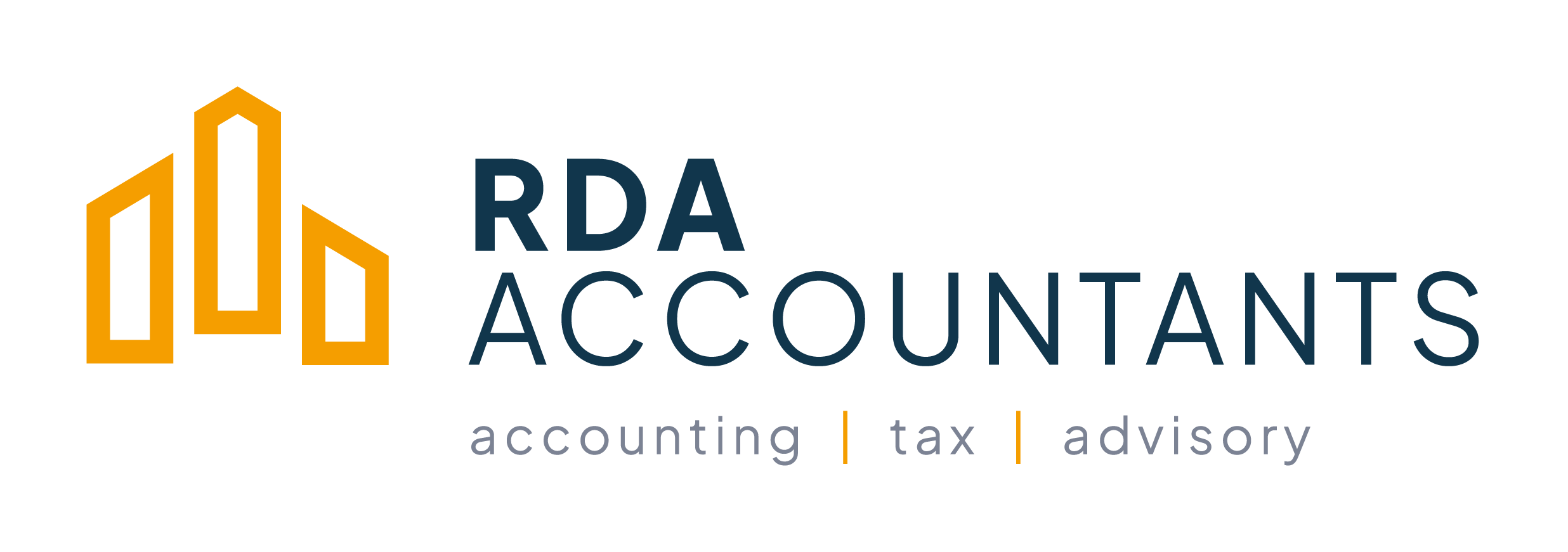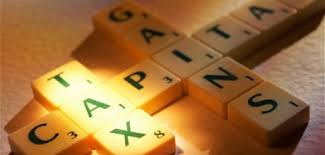If you sold, gifted or transferred an asset between 1 January and 30 November 2019, or received...
Capital Gains Tax (CGT)
I disposed of an investment property in June of this year. Does this mean I now have to pay Capital Gains Tax?
Capital Gains Tax (CGT) may arise as a result of your disposal of the property in question. CGT is a tax charged on the capital gain (profit) made on the disposal of any asset. It is payable by the person making the disposal, with the gain being considered taxable income.
Capital Gains Tax is a self- assessment tax. As a result of this, you must calculate and pay your tax and file a return of gains and losses without being requested to do so by Revenue.
Firstly, you must calculate the gain or loss arising on the asset you sold. At its simplest this is the difference between the sale proceeds and the aggregate of the cost of the asset. You are also entitled to deduct enhancement and disposal costs. In other words, in calculating your CGT liability, you may deduct:
- The purchase price or market value (as appropriate) together with any incidental acquisition costs such as stamp duty, auctioneers fees, solicitors fees etc.
- Expenditure incurred for the purpose of enhancing the value of the asset, for example attic conversion, extension etc.
- From the sale proceeds, incidental expenses of sale such as solicitors, advertising etc.
Depending on when the expenditure was incurred an allowable adjustment for inflation may also be made.
The standard rate of Capital Gains Tax is 30% in respect of disposals made on or after 7 December 2011. It is important to note, that the first €1,270 of taxable gains in a tax year are exempt from CGT. While unused capital losses arising in the current or earlier years may also be offset against the gain.
For disposals made in 2012, the tax year is divided into two periods, an 'initial period' from 1 January to 30 November and a 'later period' from 1 December to 31 December.
For disposals in the initial period CGT payments are due by 15 December in the same tax year. CGT for disposals in the later period are due by 31 January in the following tax year.
Therefore, in your case, having disposed of an asset in June you must pay the Capital Gains Tax due to Revenue before 15 December 2012.
You must also file a return on or before 31 October in the year following the tax year in which you disposed of the asset. If you are self assessed for Income tax purposes, the detail of the disposal can be returned on your annual Income tax return, Form 11. If you are not required to make an Income tax return you must send a CG1 form to Revenue in advance of the deadline.
If you are still unsure as to your own obligations with regards to Capital Gains Tax or the calculation of same, please contact RDA Accountants Limited’s Tax Manager George Skelton CTA, ACA, MBA at our Wexford office for further assistance.

